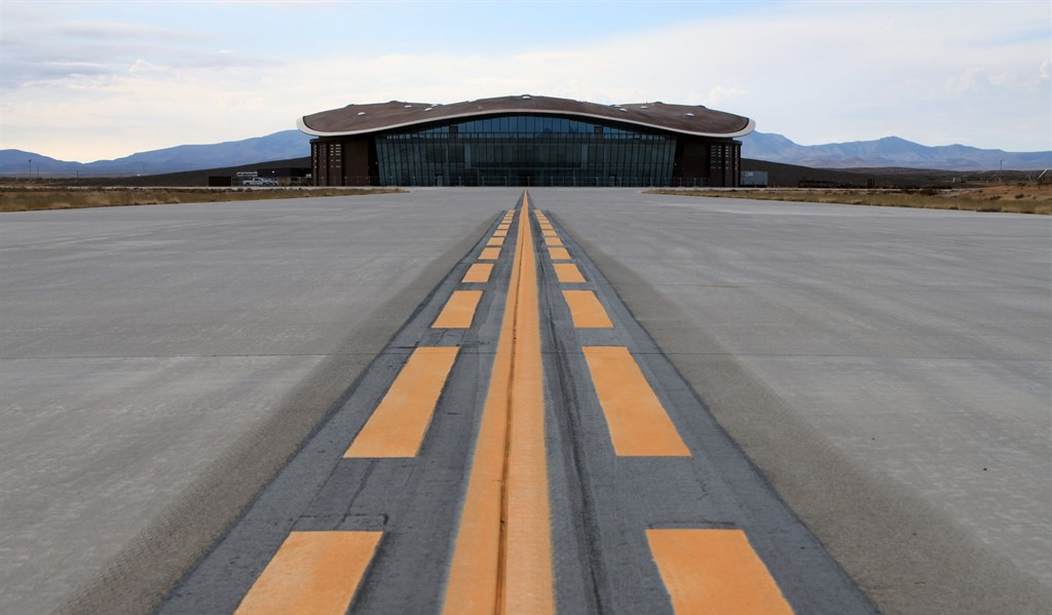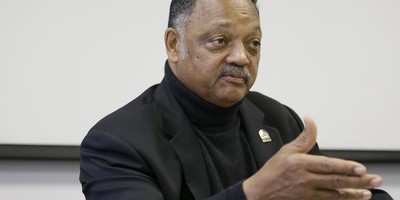If I were to ask an intelligent person like you what happened in the 20th century, or the 19th or the 18th, you could probably sum up the most significant developments. But if I asked you what is happening in the 21st century, how would you reply?
Is the West in decline? Or is it just going through a rough patch? Is the rise of Islamic totalitarianism inexorable? Or will it hit a wall as did the atheistic totalitarianisms that preceded it? Is freedom in retreat or just pausing before its next advance? You see what I mean? It’s not easy to describe the sea in which we swim.
Cultures, nations and individuals learn from experience – except when they don’t. They try to do better – and frequently fail. After World War II, the U.N. – meant to be an improvement on the League of Nations -- “proclaimed” the Universal Declaration of Human Rights. It set out, “for the first time, fundamental human rights to be universally protected.” Self-evidently, the desired result has not come about.
Of course, some of what the Declaration calls rights are difficult to achieve, much less protect. For example, how do such impoverished countries as the Central African Republic and Haiti comply with Article 25, which asserts that, “Everyone has the right to a standard of living adequate for the health and well-being of himself and of his family”?
On the other hand, it would not be difficult for anyone holding power in any corner of the world to guarantee Article 19’s “right to freedom of opinion and expression.” The world’s many despots, however, see no benefit in tolerating dissension and opposition.
Article 18 asks even less of ruling elites. It posits: “Everyone has the right to freedom of thought, conscience and religion.” But those who rule by force and fear refuse their subjects even that much leeway as the U.S. State Department confirmed yet again last week when it released its annual Report on International Religious Freedom.
Recommended
The document looks at 199 countries and territories. Discussing its finding with reporters, US Ambassador-at-Large for International Religious Freedom David Saperstein said that “74% of the world's population lives in countries” that impose “serious restrictions on religious freedom.”
Though North Korea, China and Burma make the State Department’s list of “countries of particular concern,” Islamic theocracies are most likely to be restrictive. The report notes that the Islamic Republic of Iran “continues to execute prisoners of conscience for their beliefs. The government executed at least 20 individuals on charges of moharebeh, or enmity against God, in 2015.” Iran also persecutes Baha’is, Sufis, Zorastrians, Christian converts, Sunnis and other minorities.
In the Islamic Republic of Pakistan, 40 people are reportedly on death row for blasphemy, which means “insulting” or showing contempt for that which government officials deem sacred. Saudi Arabia, Ambassador Saperstein noted, also has laws against blasphemy, and penalizes those convicted “with lengthy prison sentences and lashings, often after detention without trial.”
“Roughly a quarter of the world’s countries have blasphemy laws,” the Ambassador added, “and more than one in 10 have laws or policies penalizing apostasy.” Such laws are used to intimidate and repress religious minorities and they often inspire violence which few governments make a serious effort to curb or punish.
The most significant threat to religious freedom, of course, is none of the above. It is genocide: the annihilation of entire religious communities through mass murder, enslavement, forced exile and the destruction of religious and cultural artifacts. Such genocide is taking place right now.
Last December, the United States Commission on International Religious Freedom (USCIRF) called on the U.S. government to designate the Christian, Yazidi and some other minority communities of Syria and Iraq as “victims of genocide” perpetrated by the Islamic State.
In March, the House passed, by a 393-0 vote, a resolution doing exactly that. Days later, Secretary of State John Kerry followed suit. Speaking to reporters last week, Ambassador Saperstein said he was “extremely proud” of the genocide determination made by the Obama administration.
Despite that, few journalists have been moved to focus on the deliberate and systematic extermination of these communities – communities that have survived, despite periods of intense persecution and pressure, since antiquity. In most media, I’d wager, endangered religious communities receive less coverage than endangered species.
A coalition of more than 30 religious leaders and conservative activists – including Gary Bauer, president of American Values, and Ambassador Kenneth Blackwell, former U.S. Representative to the United Nations Human Rights Commission, last week called upon the American media to devote more attention to the plight of persecuted Christians in the Middle East.
They pointed out that while “some traditional print outlets have covered this horror, America’s main source for news, the broadcast networks, have shamefully neglected to do so. ABC, NBC and CBS have only sporadically reported on the ethnic cleansing of some of the world’s oldest Christian sects from Iraq and Syria, and the bloody fate of those who remained. And even after this administration finally acknowledged this is a genocide, they continue to avoid using ‘genocide’ to describe what ISIS and affiliated Muslim extremists are inflicting on Christians in the Middle East, Africa and South Asia even now.”
Paying serious attention to genocide is vital – but not enough. Which leads to this question: Are Americans and others in the West willing to do more this time than we did, for example, in Bosnia, Rwanda, Cambodia, Europe during World War II and Armenia during World War I? If I were to ask that of an intelligent person like you, what would you answer?

























Join the conversation as a VIP Member